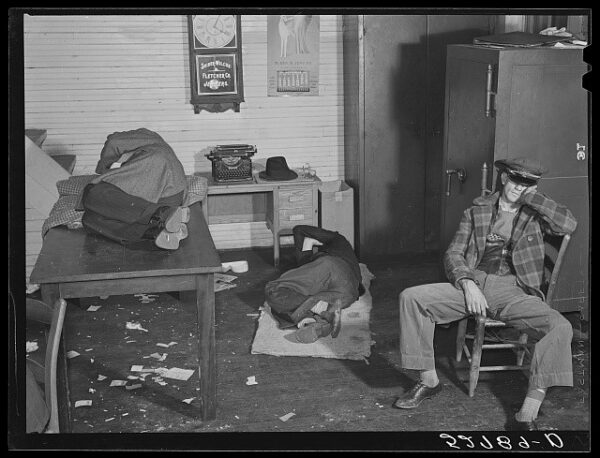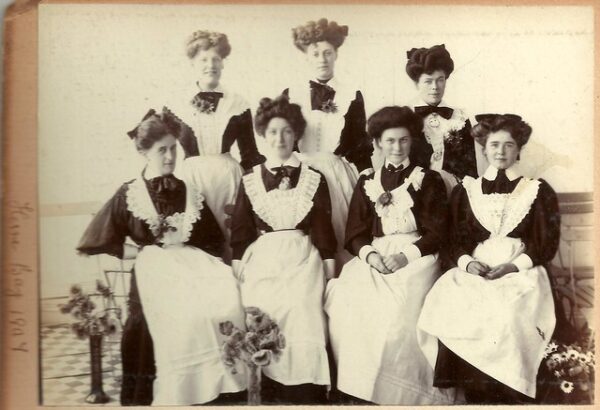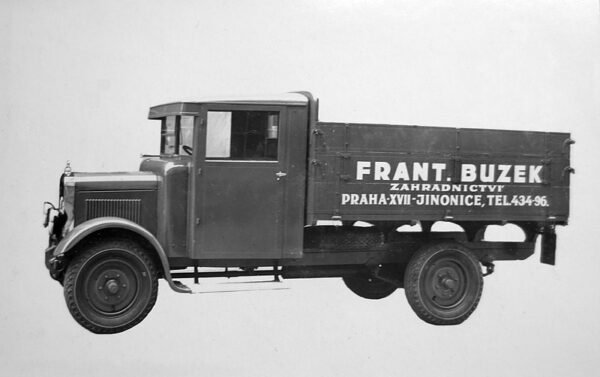Author Archive

KEEP ON PROVIDING
No state is likely more protective of employees than California nor more likely to have more employment-based claims in its courts. In our last 20-plus years of defending business in such lawsuits, nearly all have included worker allegations of meal and/or rest break deprivation.

EMERGENCY BRAKING REQUIRED
A federal appeals court has ruled that trucking companies must classify owner-operators as employees unless the relationship meets California’s highly restrictive “ABC” criteria for independent contractor status. Thus, haulers not in a position to change their independent relations with owner-operators must swiftly determine if they can meet the detailed “business-to-business” exception to the ABC test.

THE PERIL OF IGNORANCE
Failing to list each required paystub item – nine basic ones and up to another seven for piece pay recipients – for every worker and in every payroll period can subject a California employer to potentially devastating damages and civil penalties. For example, a trucking company employing 50 drivers and five office staff could find itself facing up to $1,000,000 in such damages and penalties for the simple – and inadvertent – omission of its address on the stubs over the space of just 12 months.

COMEBACK TRAIL
New California Labor Code 2810.8 requires all hospitality and business services employers — e.g. hotels; private clubs; event centers; airport-related hospitality operations or service providers; and janitorial, building maintenance or security services provided to office, retail or other commercial buildings — to offer new positions to qualified former employees laid off due to COVID-19, through 2024.

CALIFORNIA PIECE WORK IS A PIECE OF WORK
“Piece work” pay or “piece rate” is compensation for an employee’s unit of production. Until two key 2013 California Supreme Court decisions (Gonzales v. Downtown L.A. Motors and Bluford v. Safeway), this arrangement had long-worked to benefit workers and management in many industries. Trucking companies commonly paid drivers by the mile or by the delivery, auto repair shops paid mechanics by the task accomplished, and agricultural enterprises paid field workers by the bin or other unit measure.

EXECUTIVES ADMINISTRATORS PROFESSIONALS
“Exempt” in California workplace-speak commonly means an employee classified as exempt from overtime pay. Such workers may also be exempt from other rights and benefits accorded hourly workers, including provided meal and rest periods and “reporting time pay” (a minimum two hours of wages daily once on the job).

TRACKING DOWN DISCRIMINATION
The U.S. Equal Employment Opportunity Commission’s (EEOC) 2020 Enforcement and Litigation Report tallies its workplace discrimination charges processed between October, 2019 through September, 2020.

NO-FAIL DETAIL
Employers must verify identity and work authorization for U.S.-based citizens and noncitizens using “Form I-9 Employment Eligibility Verification” (I-9 Form). Potential consequences for noncompliance can include civil fines of up to $ 23,331 per occurrence as well as criminal prosecution and imprisonment.

WHAT’S EVEN NEWER IN 2021 CALIFORNIA EXPANDS COVID-19 PAID SICK LEAVE
Effective March 29, 2021, California Labor Code 248.2’s “COVID-19 Supplemental Paid Sick Leave” law (SPSL) requires employers with 26 or more total employees, i.e., nationwide, to provide up to 80 hours of supplemental paid sick leave benefits to eligible/covered California workers through September 30, 2021. The new law also covers providers of in-home supportive services (see California Labor Code 248.3).

CAUTIONARY TALE EPISODE 41
GYMNASTICS SCHOOL TAKES A TUMBLE
The California Labor Commissioner has assessed Irvine’s Perfect Point Corp. dba South Coast Gymnastics and its owner, Xiaoping Li, $1.3 million for wage and hour violations affecting 28 coaches and administrative staff after a COVID-19 compliance inspection turned into a payroll audit of the preceding three years.
